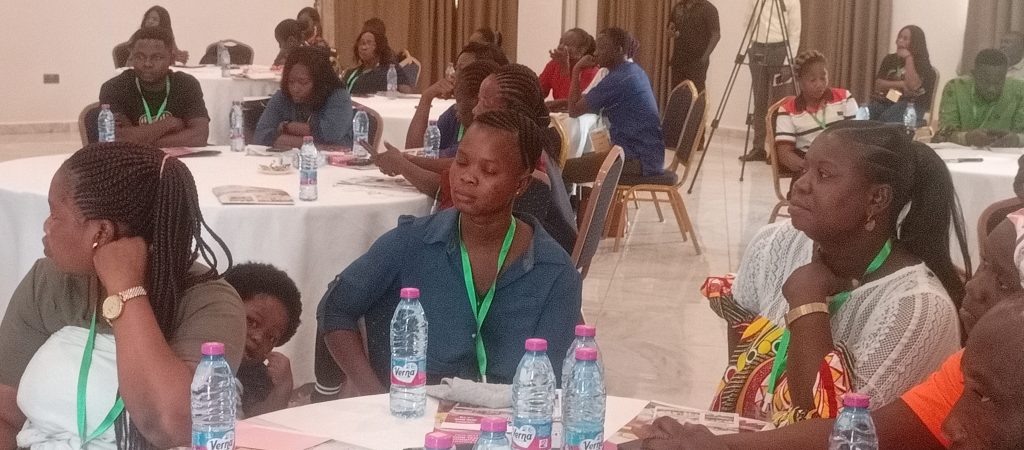By Dennis Peprah
Fiapre, (B/R), April 3, GNA – Women and some youth in cashew farming in the Bono Region are undergoing a four-day training to harness the potential, and add value to the cashew apple to enhance their economic viability and transform their socio-economic livelihoods.
More than 100 women, and youth in the cashew sector are participating in the “cashew apple recipe training”, underway at Fiapre in the Sunyani West Municipality.
MOVE-ComCashew, under the auspices of the German Federal Ministry for Economic Cooperation and Development (BMZ), is organizing the training, co-financed by the European Union (EU) under the Samoa Agreement with the Organization of African, Caribbean, and Pacific States (OACPS).
Addressing the opening session of the training on Wednesday, Madam Justina Owusu-Banahene, the Bono Regional Minister, said cashew farming had become a cornerstone of the region’s agricultural landscape, saying about 74,000 acres of cashew plantation was under cultivation in the region.
In the past year alone, farmers in the region contributed to the production of a remarkable 88,900 metric tons of cashew nuts with an astonishing production volume of 889,000 metric tons, of cashew apple, she stated.
This significant acreage not only symbolized the dedication of the hardworking farmers but also underscored the immense opportunity for further expansion and development, she said.
However, to fully harness the potential of the valuable commodity, Madam Owusu-Banahene underscored the need to look beyond traditional approaches and explore innovative avenues for value addition and commercialization.

She said one of the most promising avenues was in the utilization of cashew apples, worrying that though cashew apples possessed untapped potential as a source of value addition and income generation, the apples were historically overlooked and often discarded.
“By equipping our women and youth with the necessary skills and knowledge to harness the potential of cashew apples, we can create new avenues for economic empowerment and entrepreneurship in our communities,” she stated.
The training, therefore, represents an opportunity to transform lives and livelihoods, particularly for the youth of the region.
Mad Owusu-Banahene indicated that providing the cashew farmers with tools and expertise to commercialize cashew apples would not only foster economic independence but also instil a sense of pride and purpose in the youth and women in the cashew sector.
Moreover, she added the training aligned seamlessly with the Government’s broader objectives of sustainable agricultural development and environmental stewardship and acknowledged the role played by government initiatives, agricultural extension services, and supportive policies in facilitating the growth of the cashew industry in the region.
Mad Owusu-Banahene entreated the participants to take the training seriously, which would empower them to reduce the wastage of cashew apples, and thereby promote its utilization in value-added products.
“We will not only enhance the economic viability of cashew farming but also mitigate environmental degradation caused by their disposal,” she stated and commended the organisers and their partners for the training.
GNA